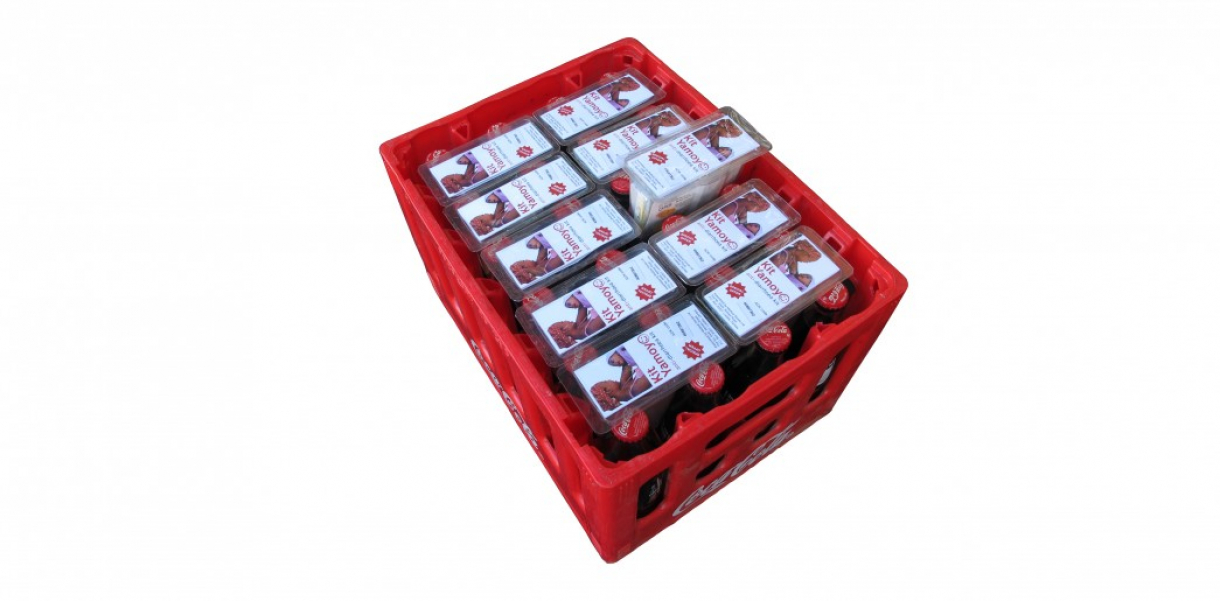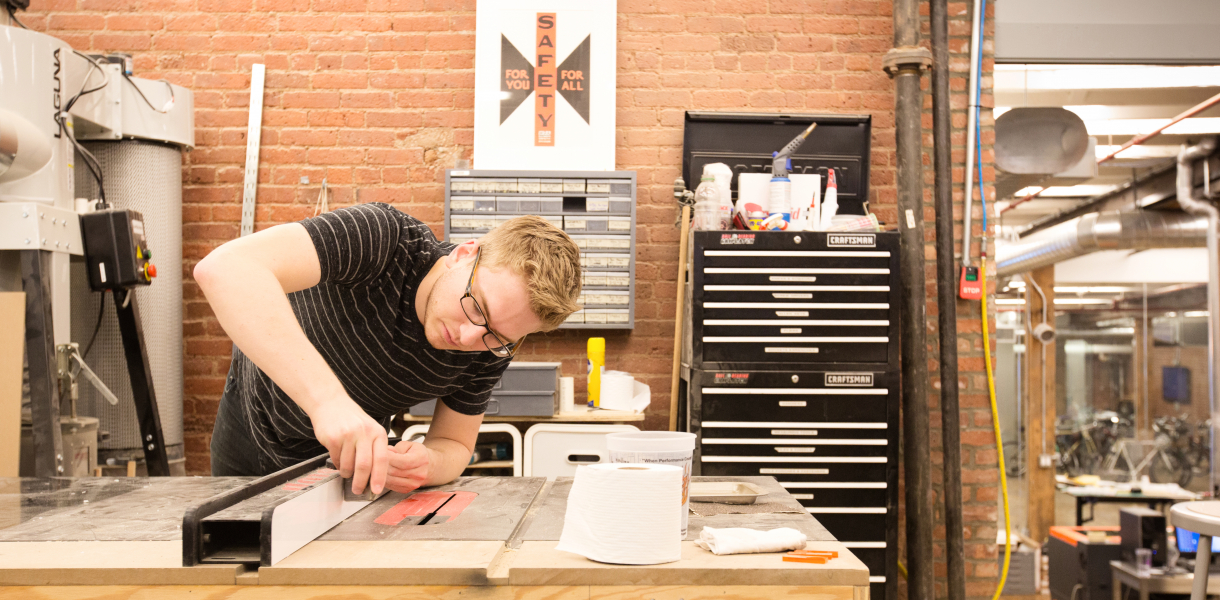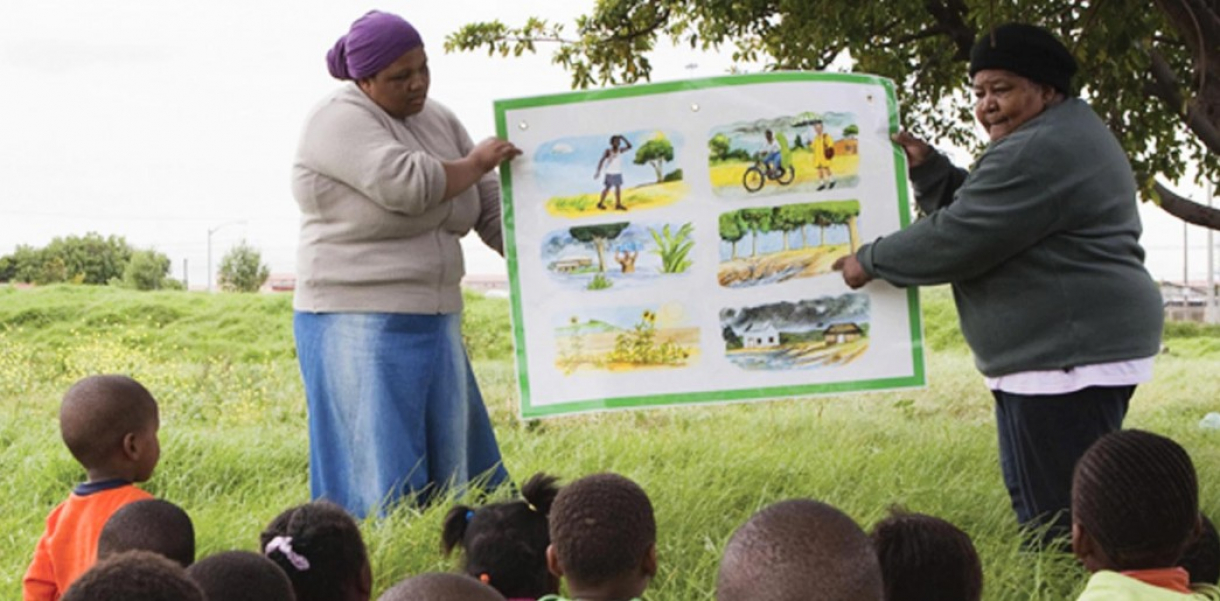In a number of developing nations, many children die from highly preventable ailments like dehydration and diarrhoea, as well as easily treatable illnesses like pneumonia. While most remote communities might not have a well-stocked medical centre, the majority of them have a shop that stocks Coca-Cola. Tapping into the distribution chain of the well-known bubbly beverage, ColaLife aims to bring medicine to low resource areas by travelling in the same crates as the Coca-Cola bottles.
Using the same principles and networks that Coca-Cola and other commodity producers use, ColaLife - a small British charity - is opening up the private sector supply chains for ‘social products’ such as medicines and hygiene products. The charity has partnered with a number of organisations including Janssen Pharmaceuticals, who have developed, designed and distributed an anti-diarrhoea kit, the ‘Kit Yamoyo’, to children in Zambia. The kit includes oral rehydration salt sachets, paediatric zinc to strengthen children's immune systems, and soap to promote hand washing. The packaging is also designed to help parents measure the right amounts of water to add when administering the medicines. These wedge-shaped anti-diarrhoea kits fit neatly into full crates of soft drinks in the space between the bottlenecks. The idea is that by travelling with the Coca-Cola bottles the kits will get a free ride to isolated rural stores where they can be sold alongside villagers’ everyday supplies.
To date, ColaLife's founders have visited Zambia three times and consulted with 20 organisations to assess customer needs and market opportunities. Currently, ColaLife are testing the distribution system and the Kit Yamoyo in Zambia.
Designed by
Colalife, Pi Global & Amcor Flexibles - United Kingdom




